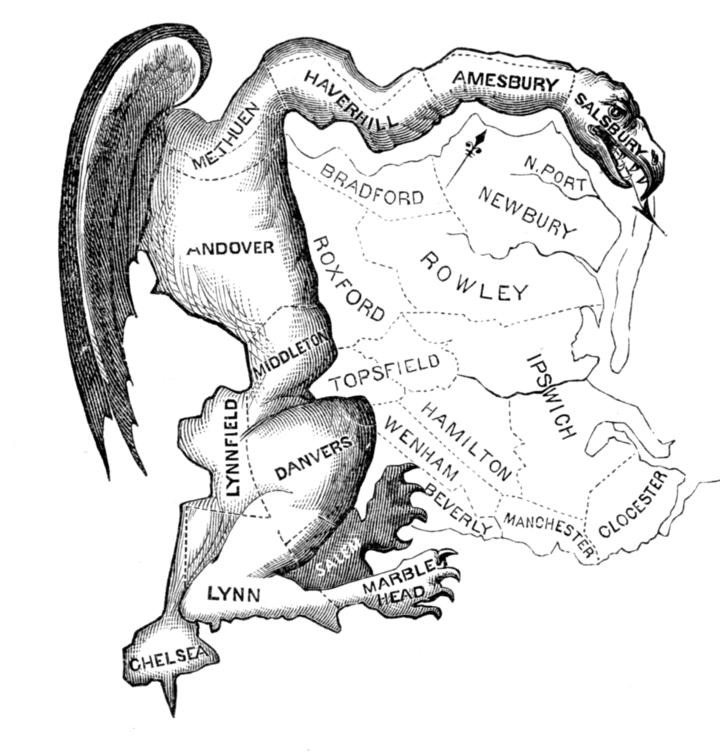Virginia Policy Review 71 A Dichotomy in U.S. Politics: Party Loyalty and Values By Allie Strehle Abstract This paper explores the implications that values have on political party composition and loyalty. I examine this relationship by first establishing the connection of sets of values with each political party. Then, I design an experimental survey in which Democrats and Republicans are randomly assigned a mock news article about a political candidate that violates these party values through the lens of their stance on immigration. Finally, I ask questions about perceived candidate values and the subject’s anticipated voting patterns. I find that each party does have their own dichotomous values and that voters hope to see these values in the candidates for their party. Subsequently, it is because of these values and the value alignment that Democrats are more likely to deviate from their party. The results suggest Republicans will stay loyal to their party when voting, as seen in the 2016 election, while Democrats will be less tolerant of perceived diversions in the values of those they elect, causing them to be more loyal to their own individual values. Introduction An individual that is loyal to their self-identified political party can be characterized by consistent voting patterns and stable support to the party throughout a long period of time. Party loyalty is highly sought after by party leaders as it constructs predictable voting patterns and clearly supportive coalitions that lead parties to success. Often, this party loyalty is derived from an individual’s party identification, which originates from social and familial contexts early on in life. This party identification persists through an individual’s life and is indicative of their overall voting behaviors (Campbell, Converse, Miller, Stokes 1960). However, despite one individual’s stagnant party identification, I argue that party affiliation is also based on values. Each political party is comprised of individuals who hold disparate values, and thus the party as a conglomerate values different principles, concluding that the two major political parties are inherently different. The study of the composition of these two political parties is integral to understanding voting patterns in the twenty-first century. The idea behind this study came from a research agenda that began in the fall of 2016. In the fall, I created a survey experiment to answer the question: what causes voters to stray from their identified party to vote for a third party? In order to do this, I created two conditions by presenting articles depicting a candidate in the subject’s party that was involved in either a tax scandal or a sexual assault scandal. The goal behind this previous research was to measure what impact scandals had on voter loyalty for each party. The results were clear that overall Republicans were more loyal to their party than Democrats, even when presented with
Virginia Policy Review, Volume XIII Issue I

Issuu converts static files into: digital portfolios, online yearbooks, online catalogs, digital photo albums and more. Sign up and create your flipbook.


